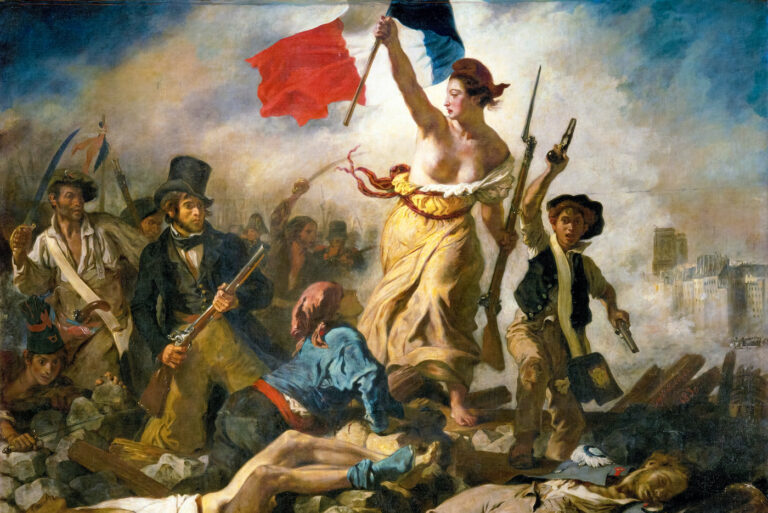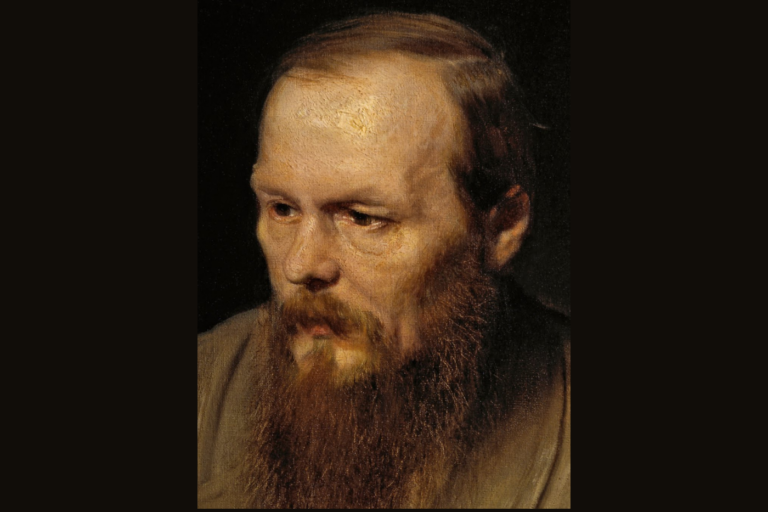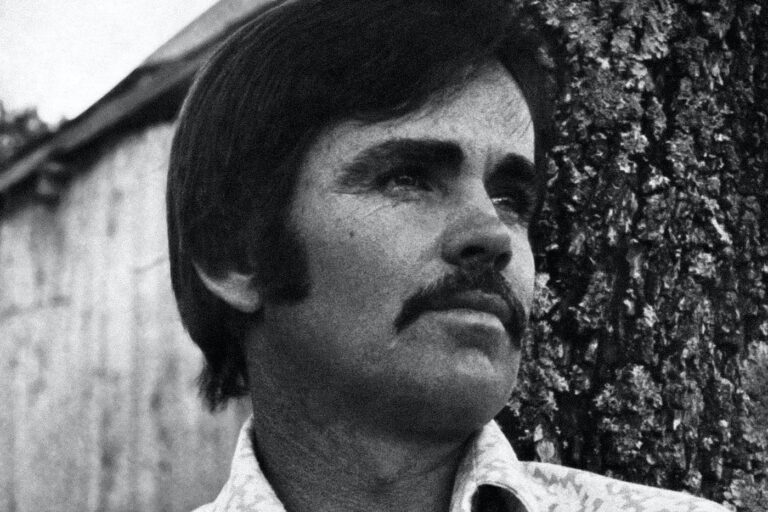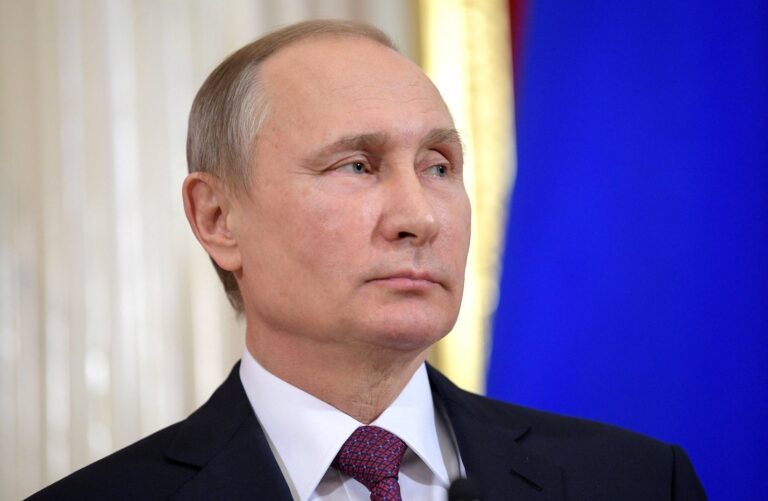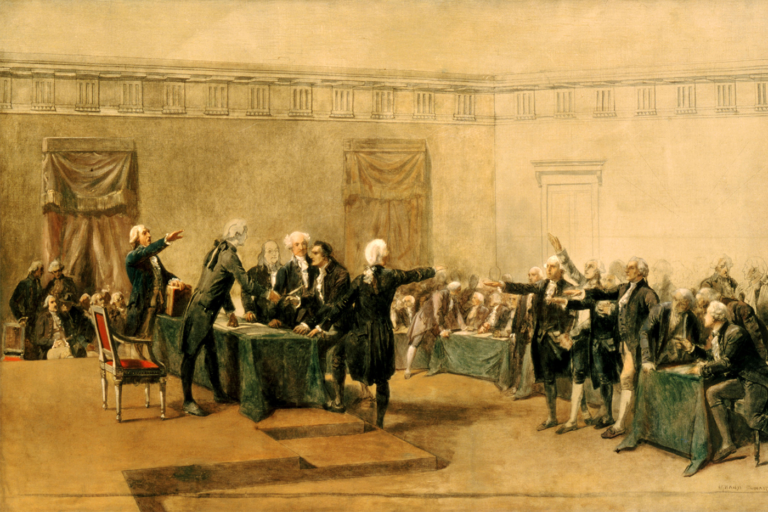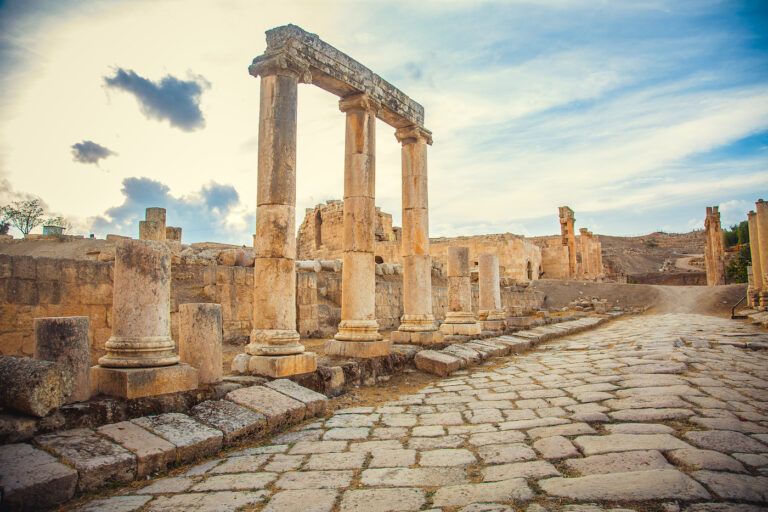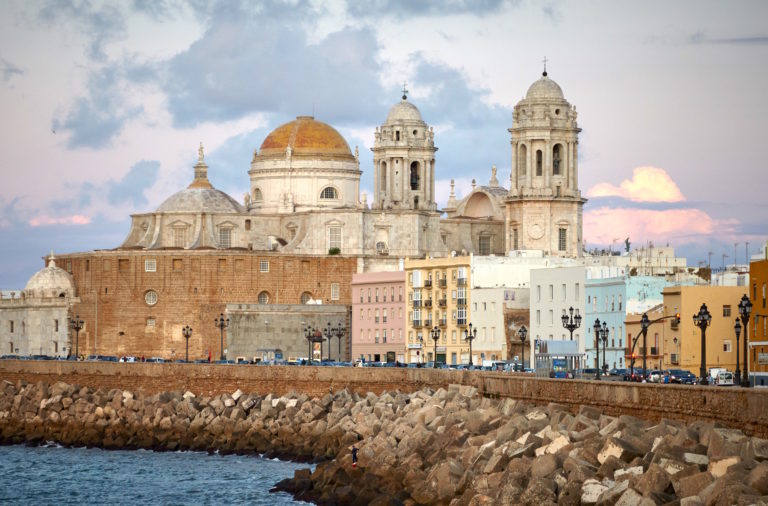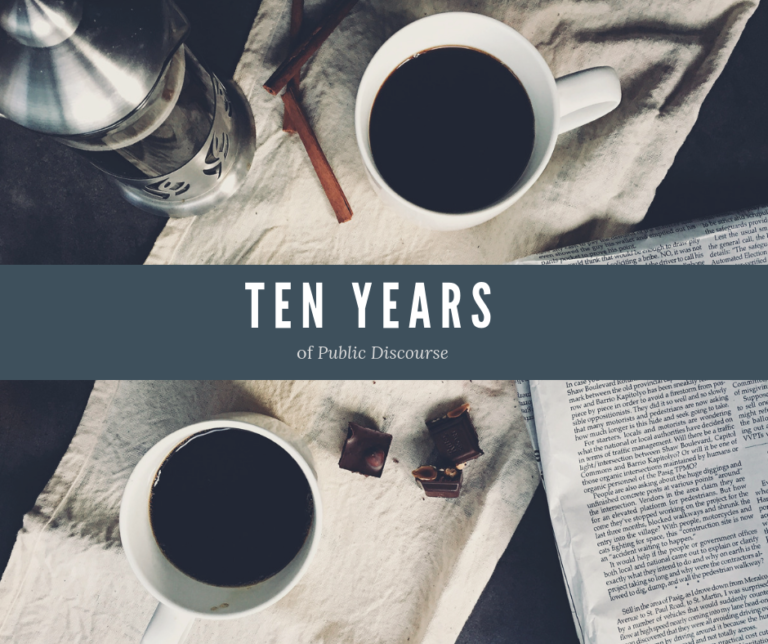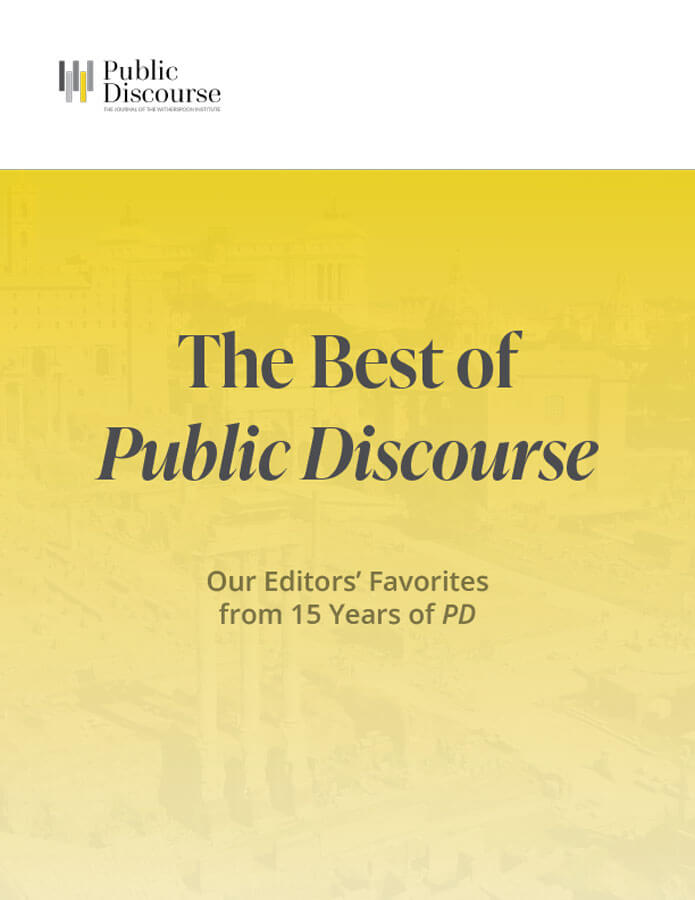
Keep up with the conversation! Subscribe to Public Discourse today.
Book Reviews
By Jacob Wolf
In her 2022 book The Ideology of Democratism, Emily Finley contends that democracy, or democratism, has become “perhaps the dominant political belief system in modern Western society.” In other words, democracy has become more than a regime type; it has become a secular religion, complete with its own dogmas, practices, clerics, and eschatology.
Like the Bible, Russian literature came to be perceived “not as a series of separate books but as a single ongoing work composed over many generations.” It is a conversation with both the present and the past simultaneously.
In our cultural moment, an embodied, relational feminism—one that does not see sexual difference as a threat—has to be reactionary; it is counter-cultural by default. Those hoping to realize that vision need to be against progress, but also for something more stable and enduring: a feminist movement that recognizes and embraces the limits of our nature, as well as norms that steward that nature; that guard it from pathological excess and enervation.
In Modern Virtue: Mary Wollstonecraft and a Tradition of Dissent, Emily Dumler-Winckler looks beyond the moderns to show Wollstonecraft’s kinship with ancient and medieval thinkers, especially Aristotle and Aquinas. It’s in the rich Christian tradition especially that Wollstonecraft finds the dynamic resources to treat her “modern” subjects (abolition and women’s education, in particular).
Any talk about masculinity today can easily veer into predictable patterns: a left that paints with uncritically broad brushes, and a right that gets defensive and in the process dumbs down its beliefs. But Richard Reeves’s book Of Boys and Men avoids predictability, blending statistical insight and easygoing wit to craft a fruitful exploration of male malaise.
Cormac McCarthy, who passed away today, gives readers reason to suspect that he did not shut the door on God before his life ended. His last two novels, The Passenger and Stella Maris, offer more than just an artistic representation of reality’s inescapable brutality. They forcefully struggle with the greatest questions of human existence. Like any good work of art, these books don’t allow any reader—religious, atheist, materialist, Christian—to walk away feeling perfectly comfortable in their understanding of the world.
The Soviet regime is formally gone, but the legacy of its formidable security apparatus lives on. There was never a “decommunization” process in the wake of the USSR’s collapse. The vast majority of those who had participated in its structures and atrocities escaped punishment, and many of them created political careers in the post-communist era. People like Vladimir Putin were deeply marked by their socialization within that apparatus.
In The Classical and Christian Origins of American Politics, Kody Cooper and Justin Dyer successfully refute the still (somehow) influential interpretation of the American Founding as a secular-not-Christian project. However, they do so without successfully establishing their preferred alternative, the Christian-not-secular interpretation. There is a vast middle between these two extremes whose existence slips through the authors’ fingers again and again like a well-greased elephant.
What would happen if we dropped that charged word “liberalism” from the conversation and got down to specifics? I suspect much of Patrick Deneen’s postliberal magic would disappear.
Long Reads
The people most harmed by this agenda are seriously ill people hearing from society and physicians that death by overdose will end their problems; other patients suffering from a reduced commitment to care; people with disabilities who are next in line to be seen as a “burden” on others; and lonely and depressed people of any age, seduced by the message that suicide is a positive solution. Adapted from a lecture delivered in June 2019 at the Vita Institute, an educational program for pro-life leaders sponsored by the University of Notre Dame's de Nicola Center for Ethics and Culture.
By Jane Robbins
The transgender castle that radicals have constructed by sheer force of will is built on shifting sand without supports of any kind. The wave that will sweep it away is gaining strength. May the time come soon when we will all say, with observers of past hysterias, “How could we have believed that?”
The early Church saw challenges to truths about God, the Reformation-era Church saw challenges to truths about the Church herself, and today’s Church is confronted by challenges to truths about man—the being made in the image and likeness of God whom the Church is tasked with protecting. This essay is based on Ryan T. Anderson’s inaugural lecture as the St. John Paul II Teaching Fellow at The University of Dallas.
By Lawrence King and Robert T. Miller
How should Catholics understand the contradiction between the nineteenth-century papal teachings on integralism and the twentieth-century teaching of the Second Vatican Council? We follow the solution of John Paul II and Benedict XVI: we take both sets of teachings at face value, admit that they contradict each other, and explain that the earlier teachings were merely doctrina catholica, which are not absolutely binding and are thus subject to future change.
Fr. Richard John Neuhaus got to the central question facing us: Is it true that postmodern liberal societies are incapable of sustaining the religious values without which they could not have been born, and without which they cannot long function? Neuhaus was unwilling to surrender to that proposition. Neither should we be.
By John Finnis
Public Discourse is launching two new features: short book notes and long form essays. They'll run occasionally, on Saturdays and Sundays. Today is our first longform essay. Enjoy.
Permission to own slaves and suppress false religions was taught by the Old Testament, never denounced by the New Testament, and accepted in word and deed for very long periods by popes, bishops, and saints. And yet the Church eventually repudiated such permission. So, too, with intentional killing in capital punishment. The fact that death is deserved and proportionate does not license the state or any human being to intend to impose it.
Permission to own slaves and suppress false religions was taught by the Old Testament, never denounced by the New Testament, and accepted in word and deed for very long periods by popes, bishops, and saints. And yet the Church eventually repudiated such permission. So, too, with intentional killing in capital punishment. The fact that death is deserved and proportionate does not license the state or any human being to intend to impose it.
Newsletters
By The Editors
Roughly one fifth of Americans, and one third of young Americans, are what the Pew Research Center has dubbed “Nones,” people who claim no religious affiliation—and their numbers are growing. What does this mean for the future?
As part of a week-long Public Discourse symposium, our contributing editors analyzed how the Nones will affect the five pillars of a free and virtuous society: the human person, sexuality and family, politics and law, education and culture, and business and economics. The rise in numbers of people with no religious affiliation reflects the emergence of a new faith rather than a loss of faith altogether. As America’s religious norm changes from Christianity to therapeutic deism and spiritualized progressivism, we will find more people challenging longstanding protections of human dignity and religious liberty, while embracing permissive sexuality, bitter "us vs. them" politics, education without a soul, and big government solutions.
By The Editors
Nothing is more popular in center-right discourse today than discussions of nationalism. But what does "nationalism" actually mean? What role do race, ethnicity, and religion play in defining American nationalism, and what can we learn from the European experience? What does a commitment to nationalism entail for policy questions about immigration and economics? Should social conservatives embrace nationalism?
The essays below can help us answer these questions.
Don't miss Public Discourse Editor Ryan T. Anderson's picks for the best articles we've published this quarter.
Recently, New York passed a law expanding access to late-term abortions, and similar bills are making their way through the legislatures of Vermont and New Mexico. Governor Jeremy Northam of Virginia came under fire for suggesting that infanticide would be permitted under Virginia’s proposed abortion bill, which was not passed. In response, Senator Ben Sasse of Nebraska has proposed the Born-Alive Abortion Survivors Protection Act, which would ensure that infants born after failed abortions would receive medical care and legal protections.
This controversy over late-term abortions and infanticide strikes at the heart of a decent society. To be just, a society must be built upon the recognition that all human beings have dignity simply because of the kind of beings they are. Human dignity is something we inherently possess, not something that other human beings bestow on us. People matter even if they are not wanted, including the poor and marginalized, the elderly, the disabled, and the unborn.
The articles below explain why human life begins at conception, why all human beings should be considered as human persons whose rights must be respected, and how these principles should help us understand current debates about abortion and infanticide.
Don't miss Public Discourse Editor Ryan T. Anderson's picks for the best articles we've published this quarter!
By The Editors
In honor of our tenth anniversary, Public Discourse launched a new website, complete with a new five-pillar framework and expanded editorial team. Below, you'll find launch essays from our editors, explaining the journal's new vision and taking an in-depth look at each of the five pillars: the Human Person, Sexuality & Family, Politics & Law, Education & Culture, and Business & Education.
By The Editors
In celebration of our tenth anniversary, we're revisiting the most popular essays Public Discourse has ever published. Although we publish on a diverse array of topics, our most popular pieces tend to be first-person narratives on hot-button social issues, such as marriage, sexuality, and gender. These essays pair personal experience with philosophical analysis and solid social science.
Don't miss Public Discourse Editor Ryan T. Anderson's picks for the best articles we've published this quarter!
By The Editors
On August 2, 2018, Pope Francis announced an update to the Catechism of the Catholic Church, making a prohibition on the death penalty official Catholic teaching. Prior to this change, many scholars believed that the historic teaching of the Church did not declare capital punishment intrinsically immoral, even if the practice is, as a matter of prudence, not required in countries with modern prison systems that can safely isolate dangerous criminals. Other scholars argued that the natural law duty to respect all human life does in fact render any intentional taking of human life morally unacceptable, and that this development of doctrine does not contradict any infallible teaching.
The articles below lay out this debate, with clear summaries of the arguments on both sides.













